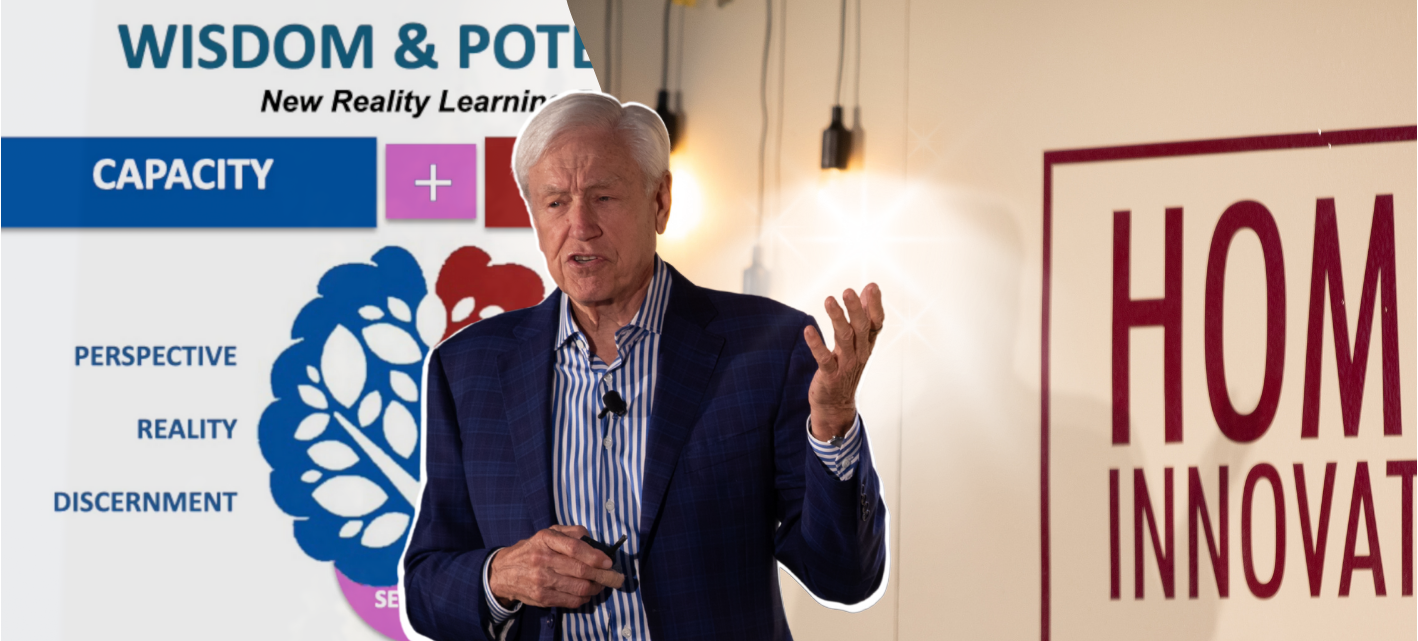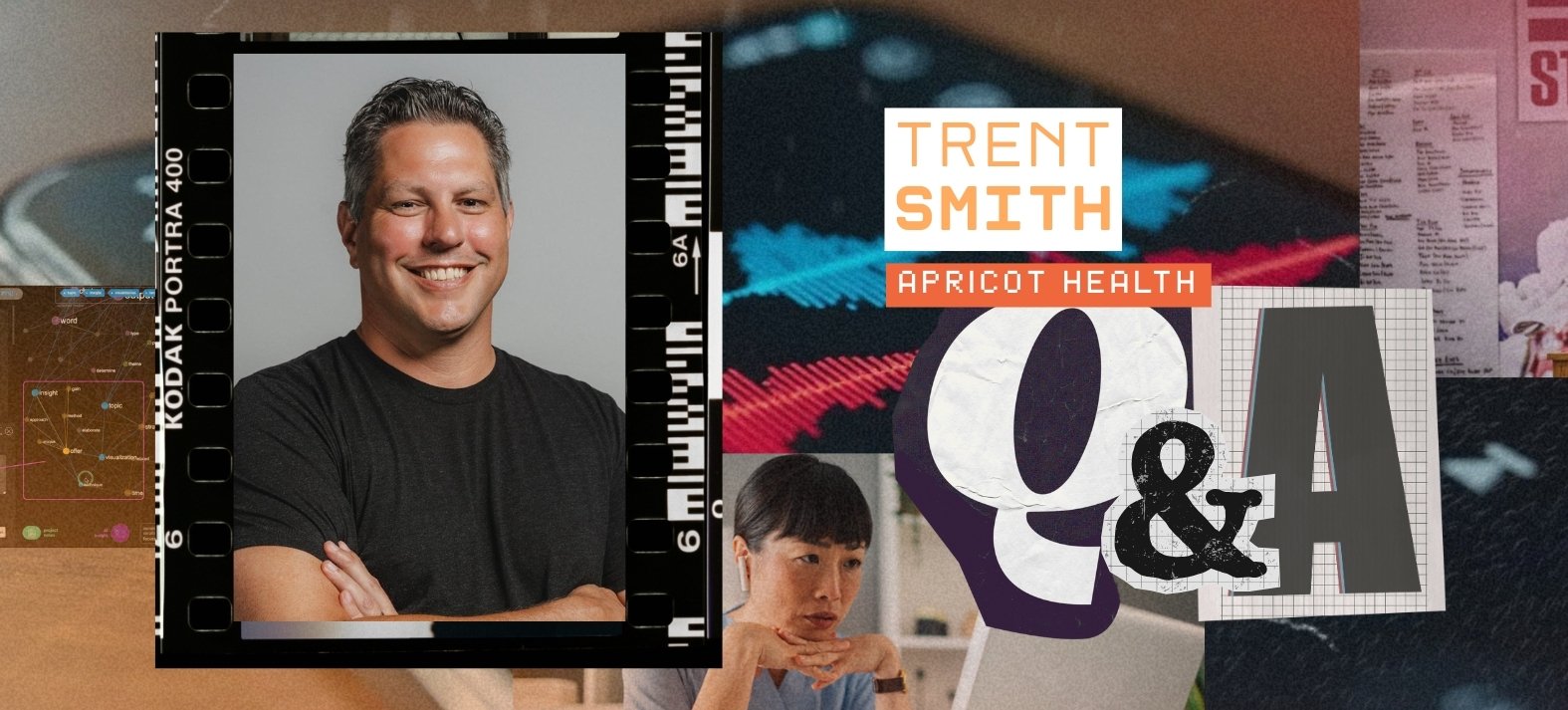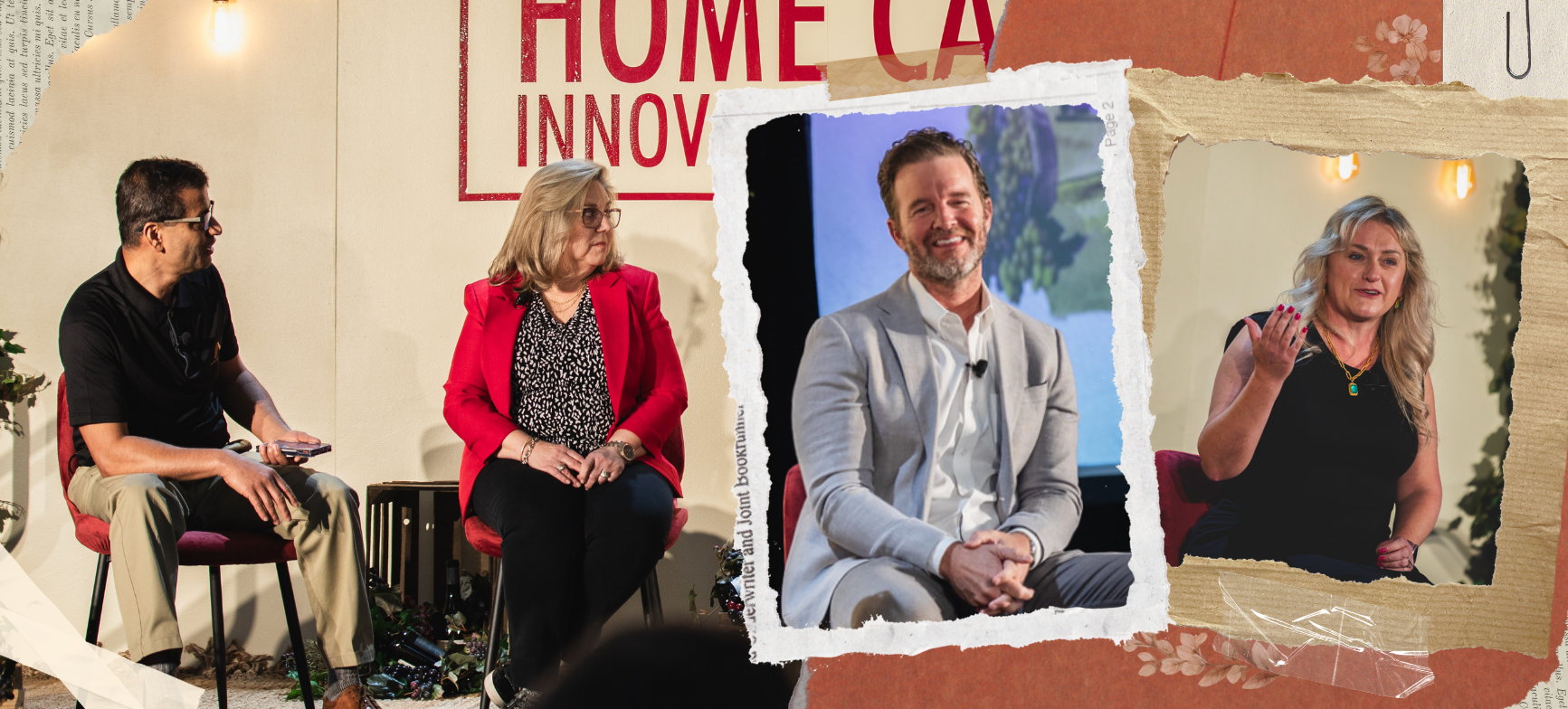When Ben Lytle – author, serial entrepreneur, and AI expert – addressed the Home Care Innovation Forum, his message was both sobering and inspiring: we're living through the most profound period of change in human history, and the healthcare industry sits at the epicenter of how humanity will adapt to this transformation.
"We in this room get to be part of the most rapid change in human history," Lytle told the audience. "You'll be able to tell your children and grandchildren: I helped make the world you now live in."
"The engine of human advancement is innovation. It's hardwired into who we are,” he added. “I truly believe that humanity’s best days are ahead.”
A Perfect Storm of Change
Lytle, also the founding CEO of Anthem (now Elevance), identified healthcare as "the canary in the coal mine" for how society adapts to unprecedented technological disruption. The reason? Healthcare faces the exact challenge confronting every industry: a shortage of highly skilled professionals who require years to develop and refine their skills.
"What's our number one problem? We don't have enough people — enough clinicians, particularly," he explained. "Healthcare is full of jobs that require years of education to become licensed and then an equal number of years to become proficient. It is those professionals that we’re running out of first.”
This creates what Lytle called “a convergence” — the collision of change forces with technology that defines every period of rapid innovation throughout history. But this convergence is different. It creates a “New Reality” that’s faster and more profound than anything we've experienced before, driven by four key forces:
Acceleration and Complexity: Every innovation makes the world faster and more complex — a pattern that has existed since humans discovered fire, but is now happening at unprecedented speed.
Democratization: The transformation of services and products from exclusive to accessible to everyone, as we’ve already seen in retail and entertainment. "Your business will be democratized, your products and services will be democratized," Lytle warned.
Demographic Decline: For the first time in history, we're facing global population decline — a reality demographers have understood for 50 years but society has largely ignored at its peril.
The End of Distance: Where we live and work has always been two of our most important decisions, but matter less every day due to electronic communications and faster, cheaper physical travel that are fundamentally reshaping how we think about markets and competition.
The Adaptation Imperative
The stakes couldn't be higher. "We can't grow economies if we can't grow productivity faster than the rate of population decline," Lytle said. "You could see our economy start to collapse if we don't outpace this."
His prescription for adaptation centers on five critical capabilities:
- Learn Faster with Greater Recall: Traditional education models built around information acquisition are obsolete when knowledge is at our fingertips. AI and new brain-to-computer interfaces such as voice, virtual reality, and thought will accelerate learning speed and comprehension.
- Make Wiser Decisions: Accumulating knowledge won’t be enough to thrive in the New Reality. Instead, we must utilize expanded knowledge to make informed decisions that enable us to live well.
- Grow Productivity: We must leverage AI and robotics to outpace population decline.
- Democratize and Innovate: Organizations must study how democratization affects other industries and prepare for their own transformation.
- Manage Change and Complexity: We cannot achieve the necessary professional and personal efficiency using current techniques. AI, robotics, and new brain-to-computer interfaces will enable higher productivity, working fewer hours in more interesting jobs.
Reframing AI: It's Not IT
For healthcare leaders, Lytle urged a fundamental reframing of artificial intelligence. "Don't think of AI as information technology. Don't send it to your IT department to tell you what to do," he said. "It's much more akin to the smartphone or GPS—an intuitive tool you learn by using. It should be the CEO’s most powerful tool as well as the employees’.”
He recommended creating your own bounded AI model with controlled data rather than relying on open models like ChatGPT. "You'll really understand AI—what it can do and what it can't do. You'll learn it's not creative, it can't do intuitive leaps…some of humanity’s greatest advancements were due to intuitive leaps."
But perhaps Lytle's most profound insights centered on human capability. Drawing from neuroscience research, he revealed that our unconscious minds process information 400-800 times faster than our cognitive processes. "Imagine if we knew how to learn from what's in our unconscious — that's what's coming."
He challenged the audience to reconsider what humans are capable of, pointing to historical examples where society consistently underestimated human potential — from land ownership to literacy to self-governance.
"We underestimate ourselves and we always have," he said. "Humanity's ready for wisdom, and we always overestimate the difficulty."
Wisdom as Competitive Advantage
The path forward requires what Lytle calls "the art of living well" — making the best possible decisions throughout life. This isn't philosophical abstraction; it's a practical necessity.
“I predict that every one of you, within 10 years, will have wisdom-development and advanced decision-making programs in your company. The quality of our individual and collective existence depends on the quality of our decisions,” he said. “There is nothing more powerful than that to improve our individual lives and organizational performance. It’s going to be the most important thing.”
The process involves developing perspective — looking back to understand how we arrived at current circumstances, seeing present reality clearly, and looking boldly ahead — while freeing ourselves from ego distortions that cloud clear judgment.
For healthcare leaders facing unprecedented challenges, his advice was clear: adapt quickly, fearlessly, optimistically. The alternative — clinging to outdated models in a rapidly changing world — isn't just risky, it's potentially catastrophic.
“We’re going to live longer, better lives than we’ve ever lived. When we become wiser and make better decisions that serve us individually and collectively.”
🎥 Watch his full talk below 👇🏻
Posted by
Join us!
The retreat for home health care and hospice leaders innovators.
May 17-19, 2026 | Palm Springs, CA




-2.png)

-2.png)


Comments